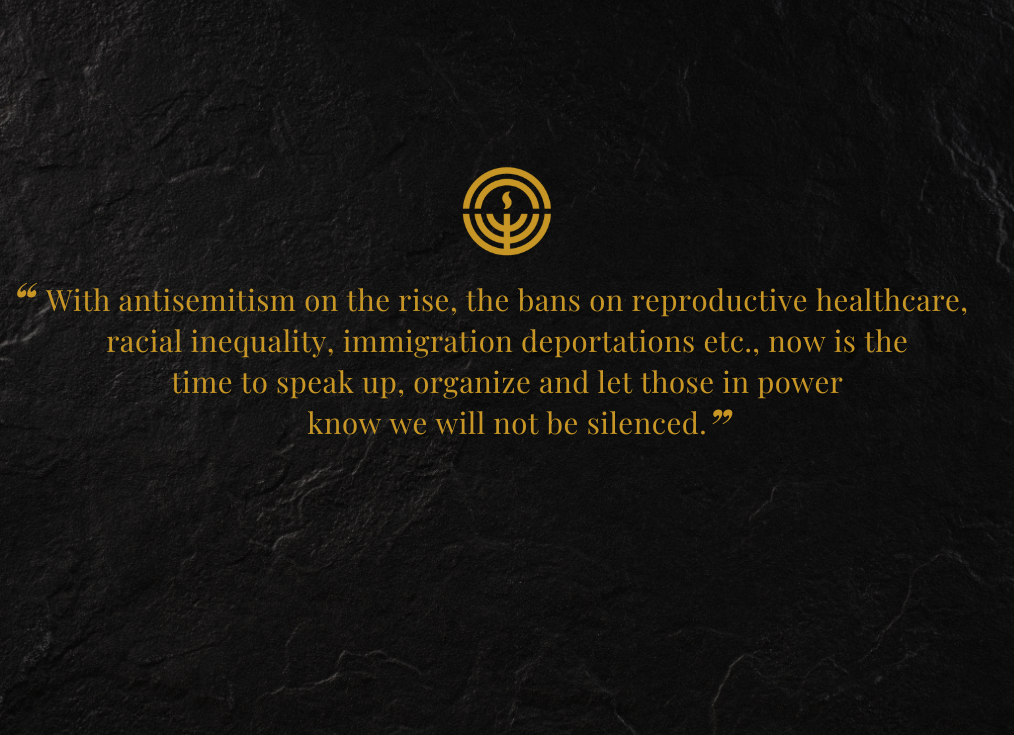We Shall Not Be Silent

Parshah Shemini tells us of the consecration of the Tabernacle on the 8th day and of the offerings made to Gd. We read about the death of Aaron’s sons, Nadab and Abihu, who offered an unauthorized sacrifice and are consumed in a fire which issues forth “before Gd”. The account concludes with the brief statement that “Aaron was silent”.
…
Why did Aaron remain silent after witnessing his son’s deaths? In The Mussar Torah Commentary, Rabbi Jonathan Kraus writes about the middah of sh’tikah (silence), he states that it implies active restraint, a conscious decision not to speak, a choice not to give voice to one’s thoughts or feelings.
When someone goes through a traumatic experience or when an injustice is done to them what is the appropriate response, to stay silent? I think silence (sh’tikah) is fitting when formulating an answer to a tragic event or injustice. You need time to prepare a response, strategize, feel what you need to feel, make a plan and then act accordingly.
Once we have a picture of an injustice being done, silence is no longer an option. Our Jewish community and other groups are currently facing issues that require action. With antisemitism on the rise, the bans on reproductive healthcare, racial inequality, immigration deportations etc., now is the time to speak up, organize and let those in power know we will not be silenced.
When we are called to right an injustice or harm, we must look deep within ourselves to find the courage needed to speak out and not be silent. We can adopt Dolores Huerta’s rallying cry of “Sí se Puede,”(“Yes We Can”) when speaking truth to power.
Shabbat Shalom
Mina Lopez
Temple Beth-El
